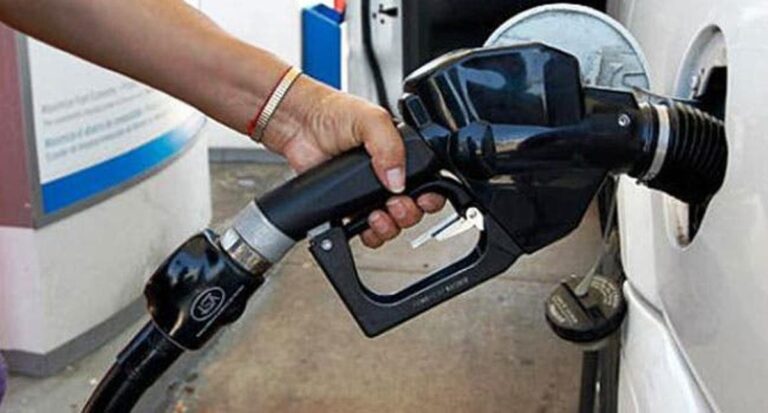Petrol prices have remained high in some states in Nigeria in spite of the fact that the commodity is now available for consumers, the Independent Petroleum Marketers Association of Nigeria (IPMAN) lamented.
According to IPMAN, some independent marketers are still selling petrol between N180 and N200 per litre in their respective filling stations, especially in Lagos and its environs, even though there’s no longer scarcity of the commodity that was earlier occasioned with the importation of adulterated products.
IPMAN National President, Chinedu Okoronkwo said some of the private depot owners had not reduced their ex-price for petrol, adding that some members of the association are still buying the product at higher ex-depot prices.
This, Okoronkwo said, was the reason some marketers were still selling more than the approved pump price of N165.
The IPMAN chief, therefore, appealed to relevant authorities to intervene in the matter.
“IPMAN is appealing to the government and relevant authorities to engage these depot owners to revert to the old price regime so that there will be some kind of uniformity in the price of petrol,” he stated.
In a similar vein, Okoronkwo advised the Nigerian National Petroleum Company (NNPC) Limited to increase the volume of petroleum products being supplied to Port Harcourt, Calabar, and other coastal areas to ensure a smooth distribution.
On the compensation of motorists affected by the imported off-spec petrol, he said IPMAN members were still compiling the list which would be subjected to scrutiny.
Okoronkwo said, “We are compiling the list and very soon marketers will present it to the relevant government agencies.
“We want to make sure that some unscrupulous persons don’t take advantage of the situation to exploit the government.”
It would be recalled that in early February 2022, Nigerians woke up to long queues at filling stations due to the scarcity of petrol.
The fuel scarcity in Lagos, Abuja, and some other states is, however, due to the alleged withdrawal of adulterated petrol by the sole importer of the product, the NNPC.













